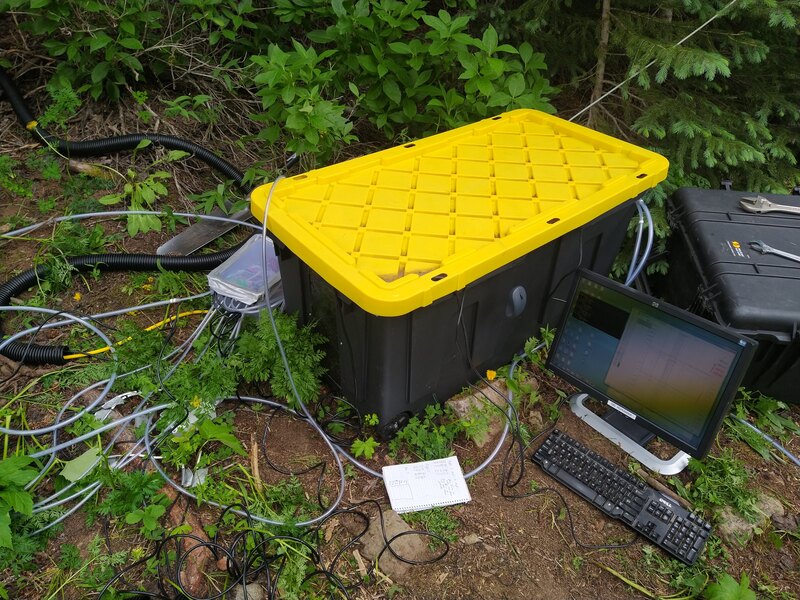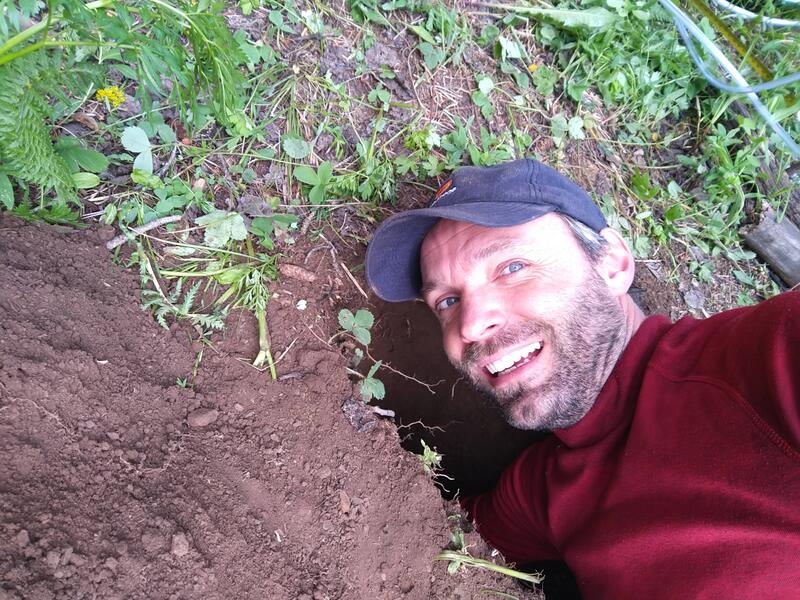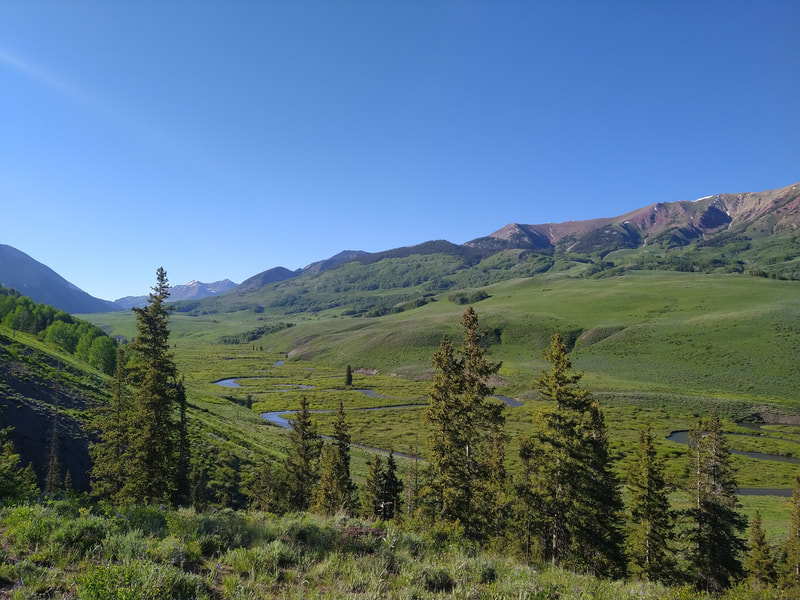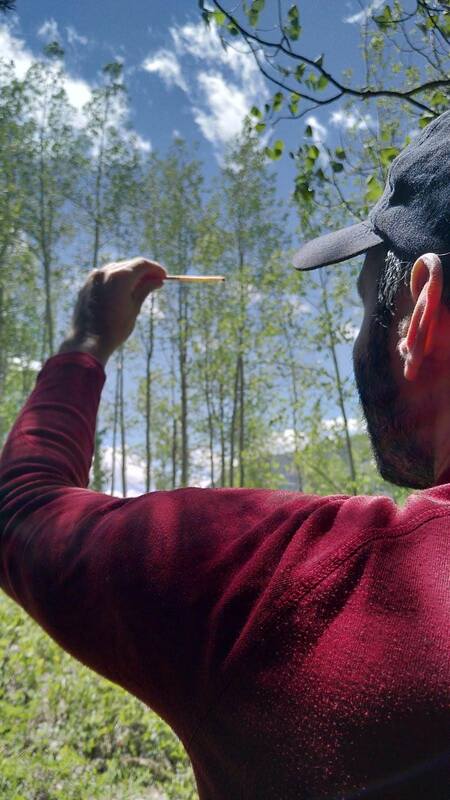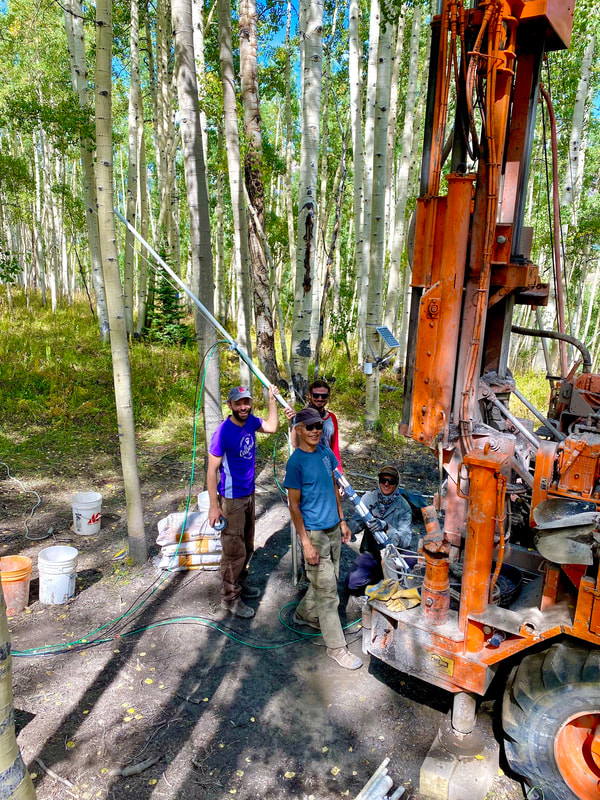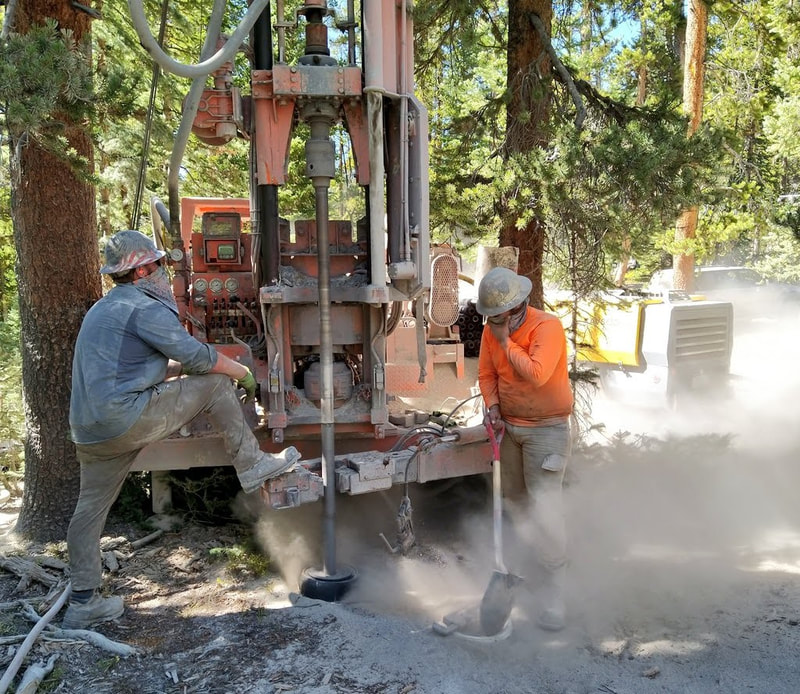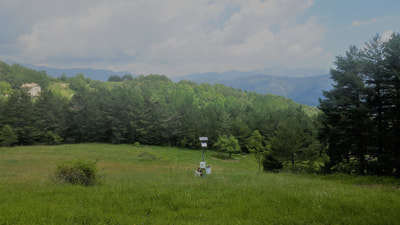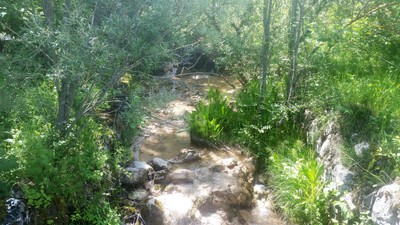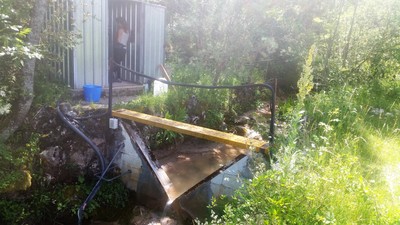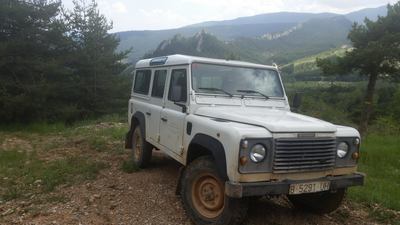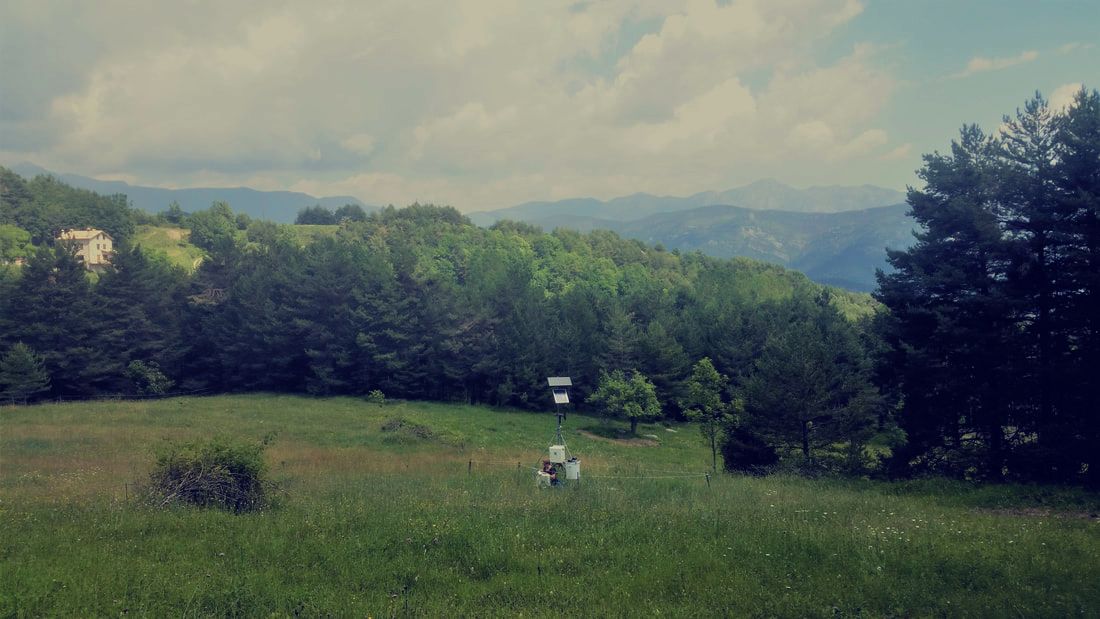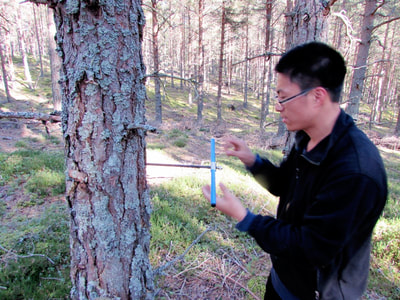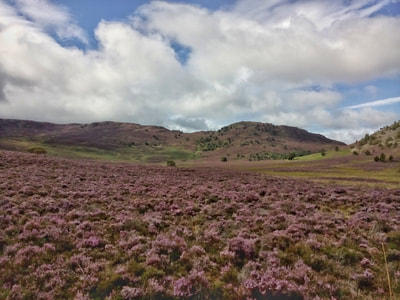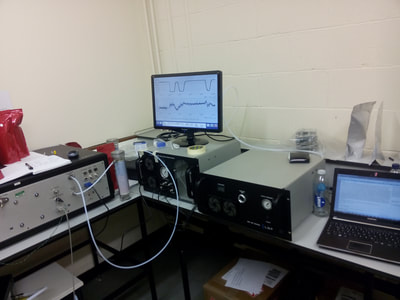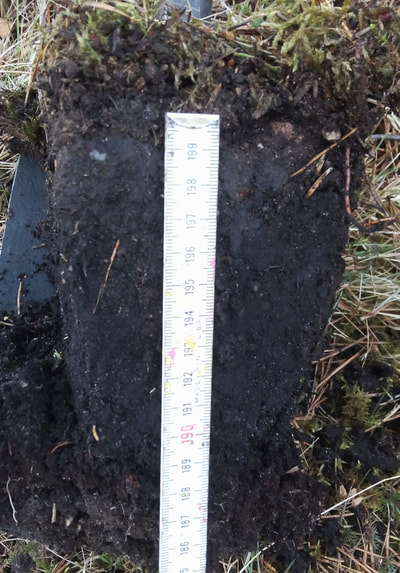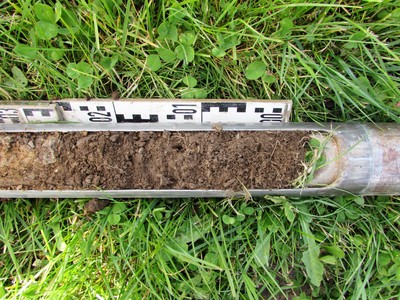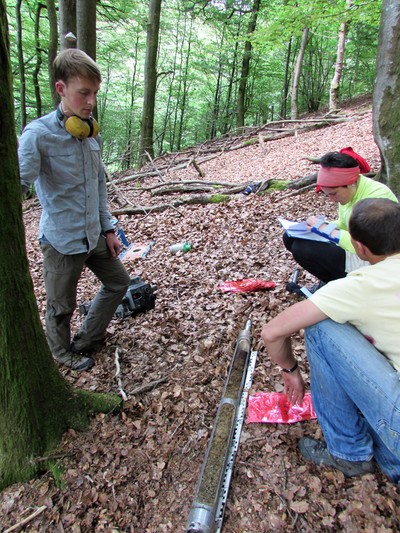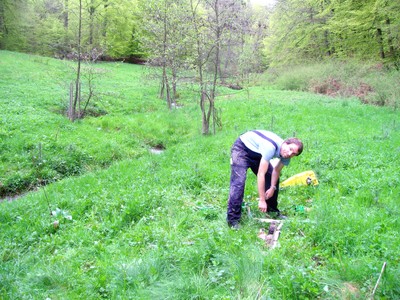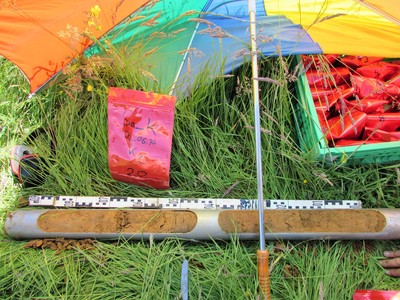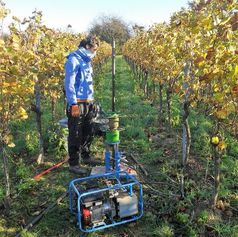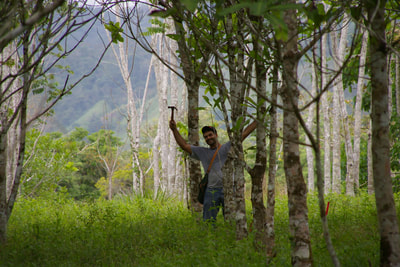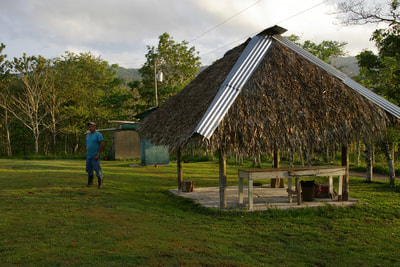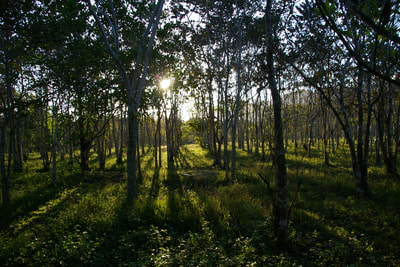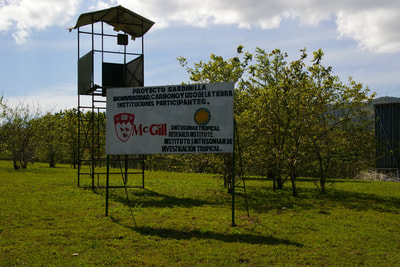Water and nutrient dynamics in the East River watershed
Since August 2020, I am working as an Earth Scientist in the Earth & Environmental Sciences Area of the Lawrence Berkeley National Laboratory. My work focuses on the intensively instrumented East River watershed in the Upper Colorado Basin, where the DOE funds the long-term Watershed Function Science Focus Area. Check out the webpage and the video below to learn more about the ongoing work:
Water age dynamics in a Mediterranean catchment
|
I worked from 2018 to 2020 with the Surface Hydrology and Erosion Group at the Institute of Environmental Assessment and Water Research (IDAEA-CSIC) Barcelona, Spain to investigate water age dynamics in a Mediterranean catchment and their ecohydrological implications in a changing environment. This work is funded by a two-year DFG Research Fellowship. We use an extensive data set on hydrometric and isotopic data gathered over the last years in the Vallcebre Research Catchments to assess the dynamics of travel times across different compartments, ranging from plants, soils, groundwater to stream water. The first study focused on the plot scale and is published in HESS (free access here). Ongoing work on the catchment scale, investigating young water fractions, was for example presented at EGU 2019 (Abstract). Project updates can be found on researchgate. I am working on this project as a visiting researcher at the North Carolina State University, Raleigh, USA in the group of Prof. Ryan E. Emanuel.
|
Research within the VeWa project (Postdoc)
|
I did a postdoc between 2015 and 2018 within the ERC-funded VeWa project (Vegetation effects on water flow and mixing in high-latitude ecosystems) with Prof. Doerthe Tetzlaff. Our research team examined the impacts of climate change on vegetation-water linkages along a northern climatic gradient across six extensively studied experimental sites in the UK, US, Canada and Sweden. I conducted the analysis and interpretation of soil water stable isotopes (2H and 18O) and use the data for soil hydraulic modeling and water age analysis.
|
Research within the CAOS project (PhD)
|
I did my PhD in the DFG-funded research group Catchment As Organized Systems (CAOS) with Markus Weiler and Theresa Blume as PIs between 2012 and 2015. I helped install 46 sensor clusters and took over 3000 soil samples for the analysis of their stable isotopic composition. This data was used to calibrate the Hydrus-1D model for 35 sensor cluster sites in Luxembourg with soil moisture time series and soil water stable isotopes. I then derived travel times of the percolating and transpiring water using the site specific calibrated models.
|
Research in cooperation with the State Institute for Viticulture and Enology (PhD)
|
I applied the aforementioned modeling approach in a side project with the State Institute for Viticulture and Enology, Freiburg, to relate elevated nitrate concentrations in the subsoil to the time of intense tillage processes two years earlier. Our sampling also showed that green cover between the grapevines reduces the nitrate leaching considerably.
|
Research within the Sardinilla Project (M.Sc. Thesis)
|
I had the opportunity to do field work in Panama for my master's thesis to study the water use of various tree species on an experimental plantation (Sardinilla Project) in 2011. The soil sampling at Sardinilla was a great experience and the study ignited my interest in generally carrying on with scientific work and specifically collecting field data to better understand processes in the soil and its interaction with vegetation. The results of my master's thesis showed that tree species diversity (and associated biomass production) are important controls of recharge rates at the studied tropical plantation.
|
My primary research interests
1.) Water stable isotopes to study soils as water resource
I use the stable isotopic composition (2H and 18O) of soil waters in addition to hydrometric and soil textural information to observe and simulate the transport processes in various soils types and across a variety of climatic conditions. Examples of related work: Sprenger et al. (2015, HESS), Sprenger et al. (2016, WRR), Sprenger et al. (2018, VZJ), Sprenger et al. (2019, HESS).
2.) Soil - vegetation interaction
I am especially interested in the investigation of how vegetation affects water availability and how the subsurface water is utilized by vegetation. Examples of related work: Sprenger et al. (2016, RoG) and Sprenger et al. (2017, HESS), Sprenger et al. (2019, RoG).
3.) Challenges and opportunities for stable isotope analysis
I would like to expand current understanding of the limitations and possibilities of analytical methods in stable isotope hydrology. Examples of related work: Sprenger et. al (2015, HYP) and Sprenger et al. (2017, RCM).
I use the stable isotopic composition (2H and 18O) of soil waters in addition to hydrometric and soil textural information to observe and simulate the transport processes in various soils types and across a variety of climatic conditions. Examples of related work: Sprenger et al. (2015, HESS), Sprenger et al. (2016, WRR), Sprenger et al. (2018, VZJ), Sprenger et al. (2019, HESS).
2.) Soil - vegetation interaction
I am especially interested in the investigation of how vegetation affects water availability and how the subsurface water is utilized by vegetation. Examples of related work: Sprenger et al. (2016, RoG) and Sprenger et al. (2017, HESS), Sprenger et al. (2019, RoG).
3.) Challenges and opportunities for stable isotope analysis
I would like to expand current understanding of the limitations and possibilities of analytical methods in stable isotope hydrology. Examples of related work: Sprenger et. al (2015, HYP) and Sprenger et al. (2017, RCM).
